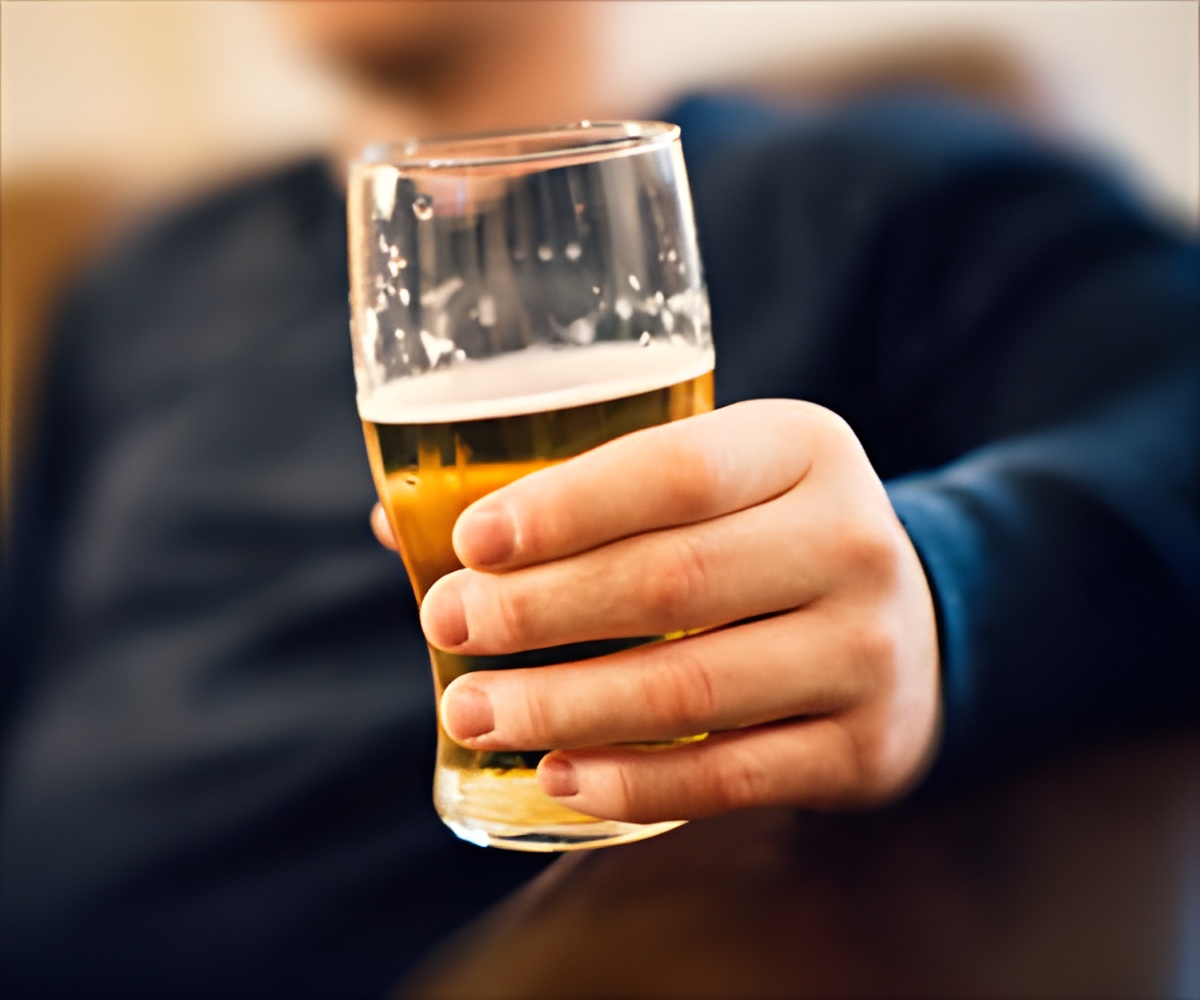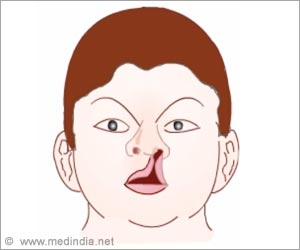Alcoholism linked to hundreds of genes, a study in rats reveal

‘Hundreds of genes and neurological pathways explain the predisposition towards alcoholism. Most number of genes found in the glutamate receptor signaling pathway, which will make it easier to target treatment.’





By comparing the genes of rats that drank compulsively with those that abstained from alcohol, the researchers identified 930 genes associated with alcoholism, some of which had already been associated with the disease. The researchers also uncovered new genes and neurological pathways, including some that could be targets for treatment.The large number of genes, however, could make it more difficult to develop pharmaceutical treatments for alcoholism, said William Muir, Purdue genetics professor in a paper published in the journal PLOS Genetics. This trait is controlled by vast numbers of genes and networks. This probably dashes water on the idea of treating alcoholism with a single pill.
Muir and Feng Zhou, a neuroscience professor at Indiana University School of Medicine, used a model based on rats in the study because humans share a majority of genes with the mammal.
Researchers at the Indiana Alcohol Research Center bred four lines of rats in total.
One group of rats that displayed classic clinical signs of alcoholism and another that abstained from alcohol. Breeding the rats to drink took several decades. The researchers had to choose and breed the rare rats that would drink pure grain alcohol, which eventually created a line of the animal that formed habits consistent with alcoholism. The rats responded to intoxication in different ways.
Advertisement
They repeated the experiment with two similar groups to distinguish which gene alterations were the result of natural selection and which were random genetic crosses. They found that most of the 930 genes associated with excessive drinking behavior are in regulatory regions, not coding regions, as many past researchers believed.
But there is some good news for treatment options. The researchers found the glutamate receptor signaling pathway, which can control a sense of reward in the brain, could be a possible target for treatments because of the number of alcoholism-associated genes it contains.
And while the study proved that genetics play a major role in alcoholism, researchers noted environment does impact drinking habits. "Even with the same genetics, one person might be prone to getting drunk while another doesn't drink at all," Zhou said. "Your environment can trigger the expression of genetic tendencies toward alcoholism."
Future research will include verification of these results through analysis of genetic activity that occurs in response to alcohol drinking and also examination of these newly-found genes in humans afflicted with the disease.
Source-Medindia













